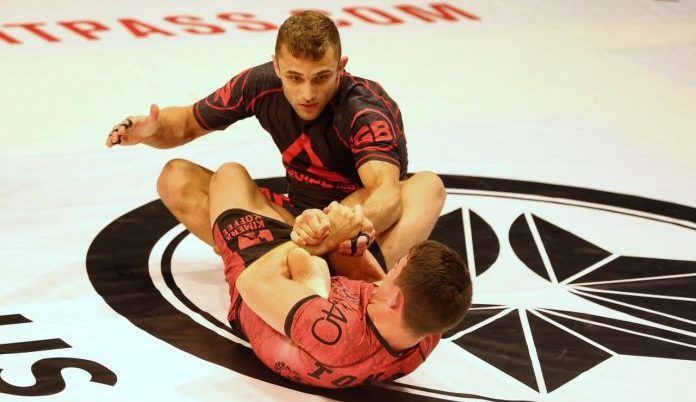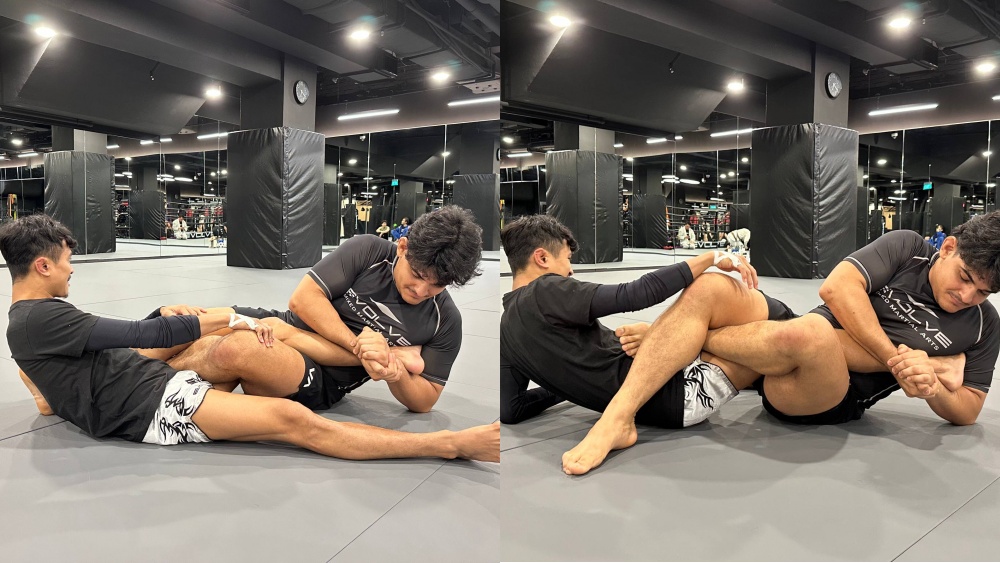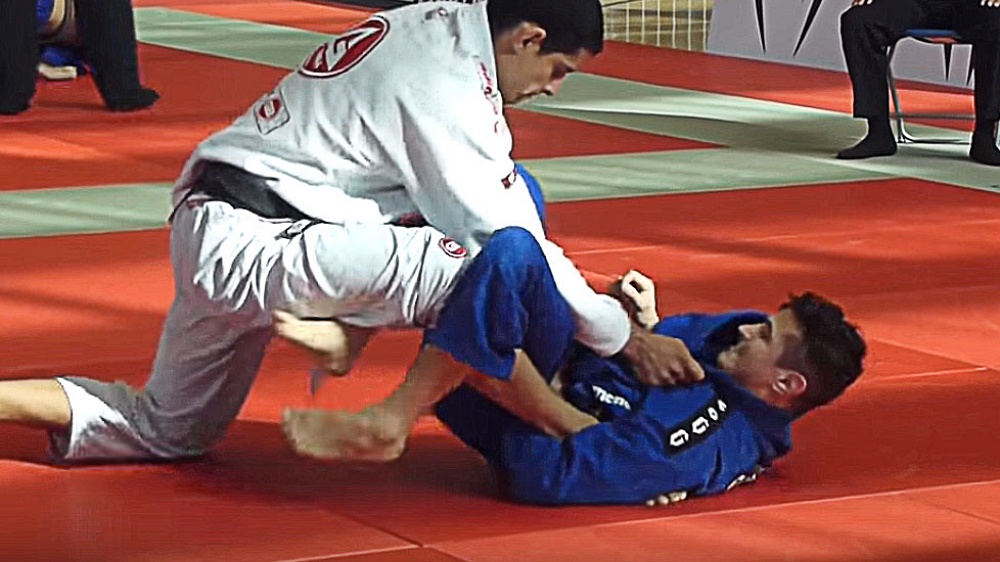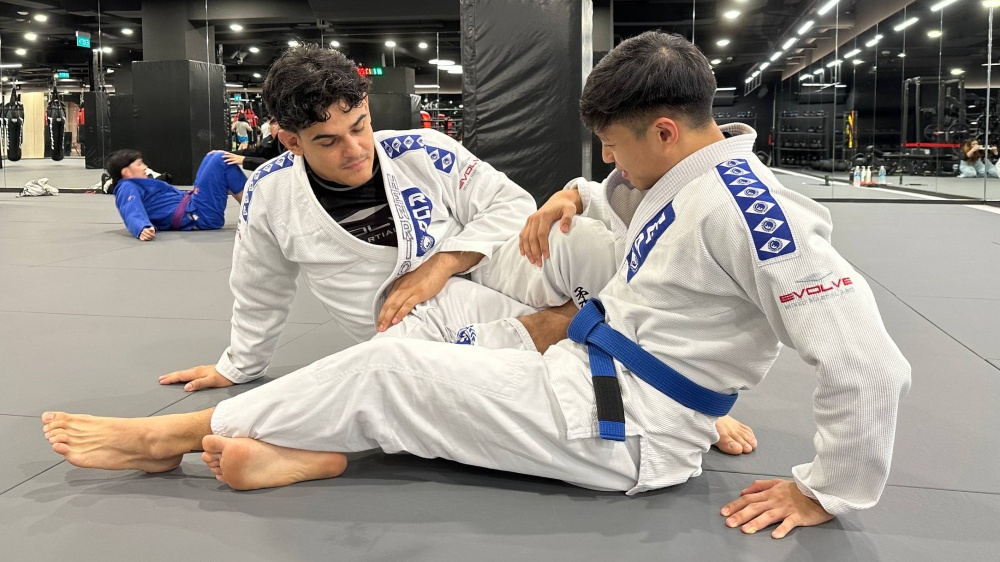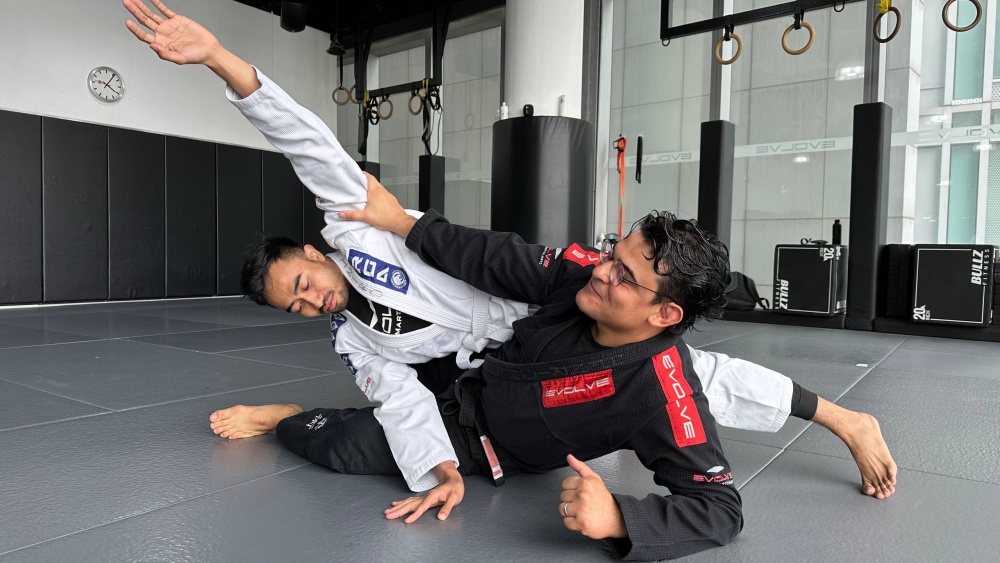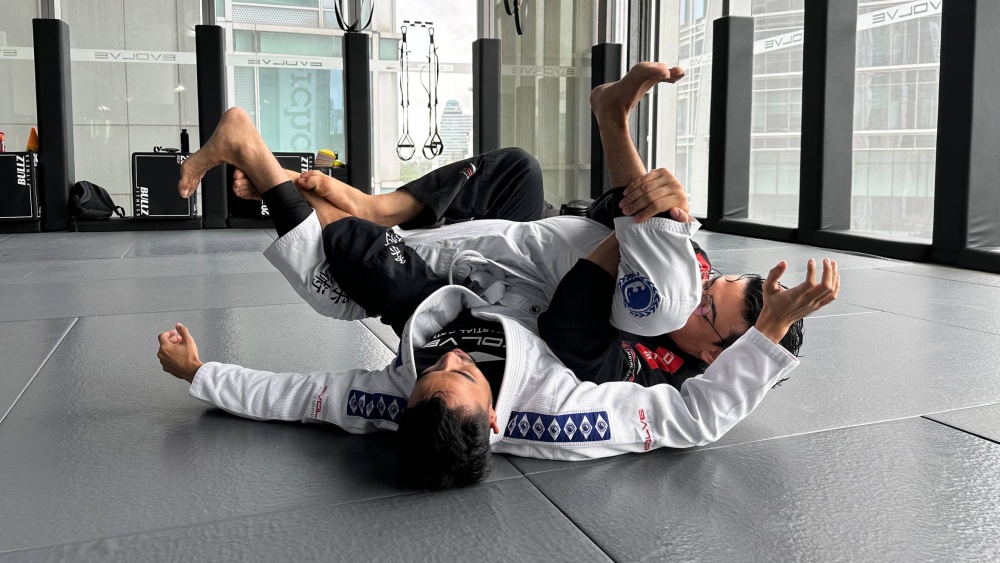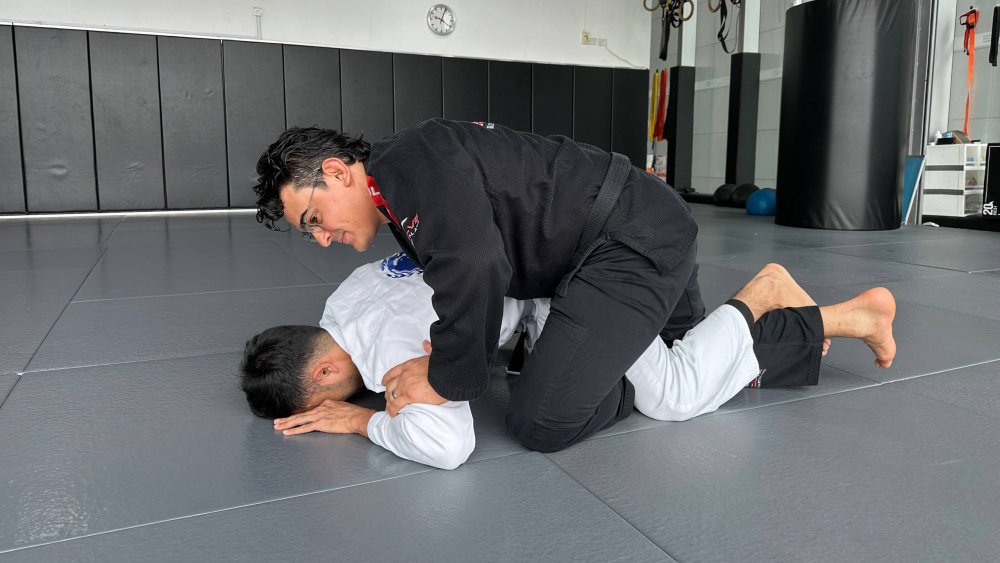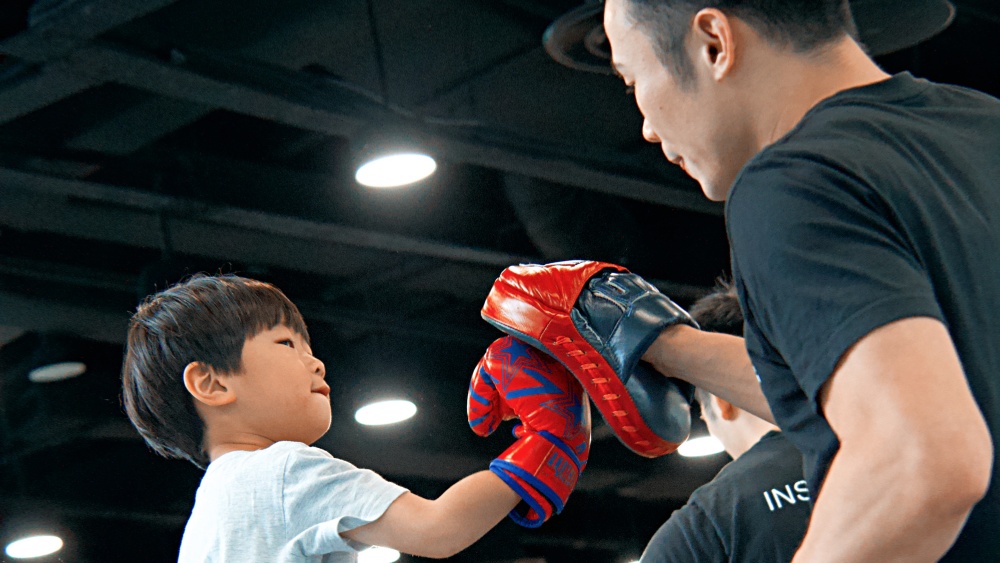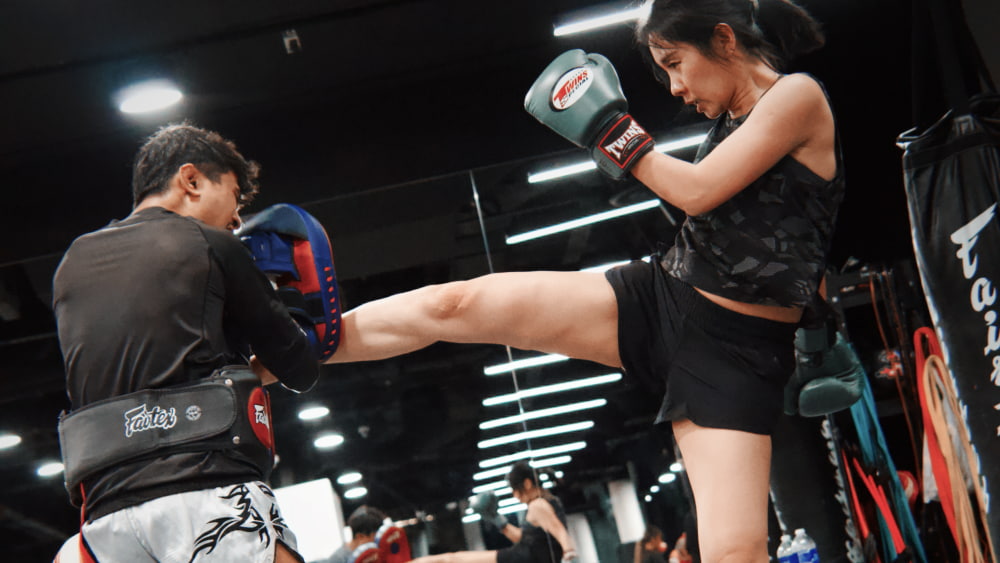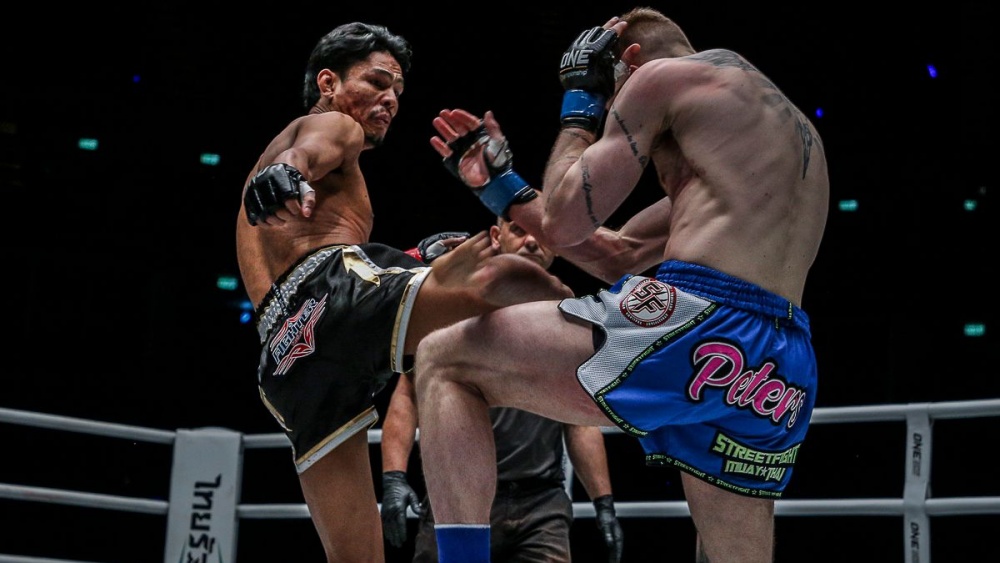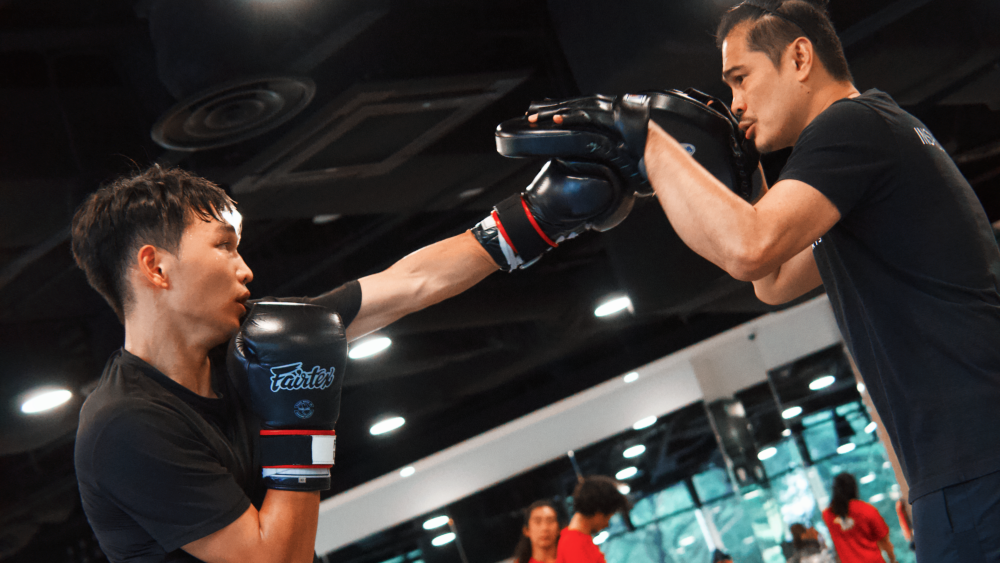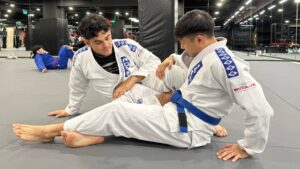Brazilian Jiu-Jitsu is one of the most popular martial arts in the world right now, and for many good reasons. It has been proven to be one of the most effective combat styles in real life attacks and the sport of MMA.
Royce Gracie, the son of Brazilian Jiu-Jitsu’s founding father Helio Gracie, made than evident on his way to winning the first two UFC tournaments, defeating larger, stronger opponents with ease.
So what makes BJJ so different from other grappling-based martial arts?
It’s the focus on submissions. Submissions are one of the most effective ways to end a fight. Many of the submissions in BJJ allow you to defeat your opponent with minimal use of force. Submissions are grappling’s version of the knockout. It’s a quick, decisive way to end a fight at any time.
There are many different types of submissions in Brazilian Jiu-Jitsu. The basic types are:
- Joint locks
- Compression locks
- Chokes
There are ways to defend against many of the submissions in BJJ, but there are some that are hard to get out of once you get caught in them. Here are 4 of the tightest submissions in Brazilian Jiu-Jitsu:
1) Kimura
Here’s another BJJ submission you certainly want to add to your arsenal. It’s originally a Judo technique that became popular when Helio Gracie, the founder of BJJ, was defeated with it by Masahiko Kimura.
You guessed it! That’s where the name comes from.
There have been lots of new setups and modification to the kimura since then. It can be applied from many positions like mount, side control, and guard bottom. When performed properly, it puts an unbearable amount of pressure on your opponent’s shoulder and arm joints.
It’s a relatively easy technique to learn, and it can be very effective even at the highest levels of competition. It has been used to end fights countless times in the top MMA promotions all over the world.
To execute this technique, you isolate one of your opponent’s arms by grabbing it firmly with your hand that is closest to it. You then slide your arm over the shoulder and under the person’s arm, finally grabbing your own wrist with that hand, creating a double grip.
To finish the technique, you simply apply torque upwards.
Given how popular the kimura is, your opponent is more likely to recognize what you’re trying to do and defend appropriately, but once it’s locked in, the odds of escaping are slim. The one downside this technique has is that it can be difficult to secure on stronger opponents.
How To Do A Palm To Palm Rear Naked Choke in Brazilian Jiu-Jitsu!
WATCH: How To Do A Palm To Palm Rear Naked Choke in Brazilian Jiu-Jitsu!
https://www.evolve-mma.com
Posted by Evolve MMA on Tuesday, April 11, 2017
This is without a doubt the most popular and devastating submission in BJJ. We’ve all seen some variation of it at some point in a movie or wrestling event. It’s extremely easy to learn, yet it will force an opponent to tap when applied correctly regardless of how strong or skilled the person is.
It’s known as “mata leão” in Brazil – which means “lion killer” in English.
The name couldn’t be more fitting.
This technique is typically executed from the back mount position. The two main variations are the standard rear naked choke and the palm to palm rear naked choke. To execute the standard version, you work your attacking arm around your opponent’s neck, then you grab your own shoulder with the same hand. You then grab your other shoulder with your other hand and squeeze. The tap typically comes shortly after that. For the palm to palm rear naked choke, rather than grabbing your shoulder, you grip your hands together and squeeze from there.
3) Gogoplata
The gogoplata is one of the hardest submissions to set up in BJJ, but once it’s locked in, the odds of your opponent finding a way to wiggle out of it is very low. This choke is typically executed from bottom guard position – specifically the rubber guard.
That’s a specialty position that has been popularized by 10th Planet Jiu Jitsu founder Eddie Bravo. It’s a very effective position that is excellent for people with flexible legs. It allows you to better control your opponent from the ground, and it provides opportunities for some really cool submissions.
The most notable use of the gogoplata was by UFC veteran Nick Diaz who used it to submit Takanori Gomi at Pride 33.
To pull off this submission, you simply run your shin across your opponent’s throat, then you lock your hands behind your opponent’s head and pull downwards. This puts lots of pressure on the person’s neck while restricting the flow of air through the windpipe.
The end result: your opponent is forced to tap out or pass out.
There is also a popular variation of the gogoplata known as the locoplata. The set up for both techniques is pretty much the same, but for the latter, your free leg is used to put more pressure on your opponent’s neck.
4) Heel Hook
The heel hook is one of the techniques you learn when you start moving through the ranks. It is a lot easier to apply than the gogoplata, and it is virtually impossible to get out of when properly secured.
The heel hook is also one of those techniques that can be applied from many different positions. The technique is so versatile; some competitors even make it their go-to move. Former UFC fighter Rousimar Palhares is a good example of a competitor who made it his signature. He’s enjoyed lots of success with the technique. 10 of his 15 submissions as a professional mixed martial arts fighter came via way of heel hook. That’s how effective the technique can be; even the best fighters in the world have a hard time defending against it.
A heel hook is executed by isolating one of your opponent’s legs and applying torque on the ankle. That, in turn, puts lots of pressure on the person’s knee, forcing the tap.
So there you have it, four of the tightest submissions in BJJ. These are techniques you should consider adding to your arsenal of moves as they have been proven to be effective over the years. The best way to master any BJJ technique is by drilling techniques and rolling regularly.
You may also like:
